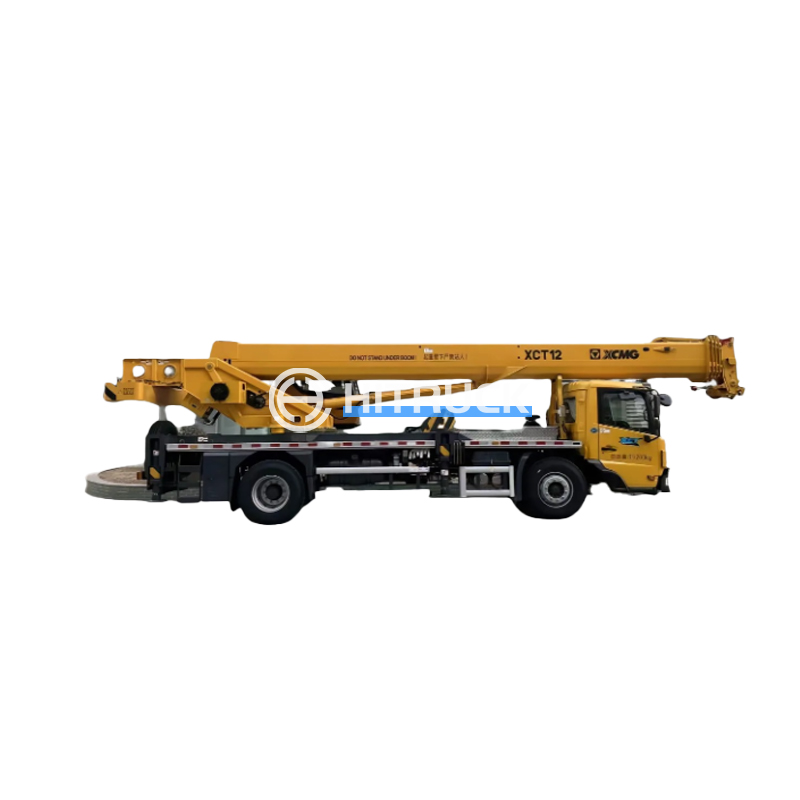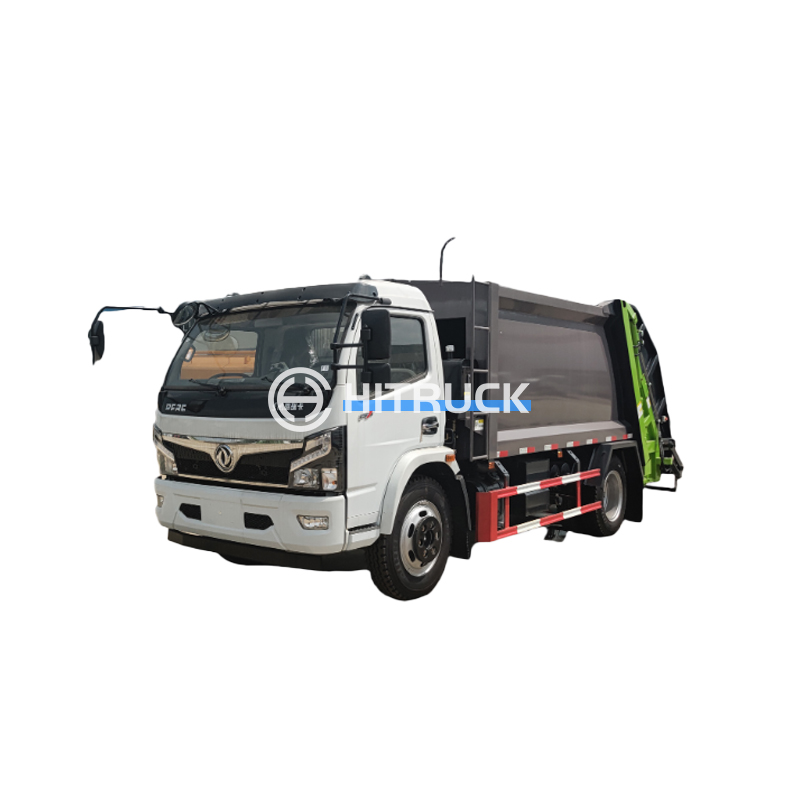This guide provides a detailed overview of military water trucks, exploring their various types, functionalities, and applications. We'll cover crucial aspects like capacity, terrain capabilities, and technological advancements, offering valuable insights for those seeking comprehensive information on this specialized vehicle.
Light-duty military water trucks are designed for maneuverability in diverse terrains. They typically feature smaller water tanks, ranging from 2,000 to 5,000 gallons, prioritizing agility over sheer capacity. These vehicles are ideal for transporting water to smaller units or in challenging environments where larger trucks might struggle. Their smaller size allows for easier deployment and operation in confined spaces.
Heavy-duty military water trucks prioritize capacity and off-road capability. These vehicles boast significantly larger water tanks, often exceeding 10,000 gallons, and boast robust chassis designed to handle extreme conditions. Features such as all-wheel drive, high ground clearance, and advanced suspension systems are common. These are crucial for supplying large deployments or supporting operations in harsh, unforgiving terrain.
Beyond standard models, specialized military water trucks exist for specific applications. These might include vehicles with integrated water purification systems, allowing for on-site water treatment and distribution of potable water. Others may be designed for rapid deployment and air-transportability, prioritizing speed and logistical efficiency. Such variations cater to unique operational demands and environmental conditions.
The capacity of a military water truck's tank is a critical factor. Tank material, commonly stainless steel or high-density polyethylene, impacts durability, weight, and resistance to corrosion. Stainless steel offers superior strength and longevity but adds to the overall weight, while polyethylene offers lighter weight but potentially reduced lifespan in harsh conditions.
For military use, off-road capability is paramount. Military water trucks typically employ all-wheel-drive (AWD) or four-wheel-drive (4WD) systems. High ground clearance, robust suspension, and specialized tires enhance their ability to navigate challenging terrain, including rough roads, mud, and even sand. Specific features vary based on operational demands.
Efficient water delivery is key. Military water trucks incorporate various pumping systems, allowing for rapid and controlled water discharge. Multiple discharge points and varying hose lengths enhance flexibility in delivery scenarios. Some advanced models offer pressure regulation and flow control, optimizing water distribution.
Recent years have seen technological advancements in military water trucks. These include improved fuel efficiency, enhanced monitoring systems (for tank levels, engine performance, etc.), and the integration of GPS tracking for efficient fleet management. Some newer models incorporate remote-controlled operation capabilities for enhanced safety and flexibility in hazardous environments.
Selecting the right military water truck depends on specific needs. Factors to consider include required water capacity, operational terrain, budget, and maintenance requirements. Consult with industry professionals and review available specifications carefully before making a decision.
Various manufacturers and suppliers provide military water trucks. Thorough research is recommended to identify reputable providers and models that meet your exact requirements. For example, you could explore options from established military vehicle suppliers or consider contacting companies specializing in heavy-duty vehicle sales. For a wide selection of heavy-duty vehicles, consider browsing Suizhou Haicang Automobile sales Co., LTD.
| Feature | Light-Duty | Heavy-Duty |
|---|---|---|
| Water Tank Capacity | 2,000-5,000 gallons | >10,000 gallons |
| Terrain Capability | Moderate | Extreme |
| Maneuverability | High | Moderate |
This information is for general knowledge and should not be considered professional advice. Always conduct thorough research and consult with relevant experts before making any decisions related to military water trucks or similar equipment.












